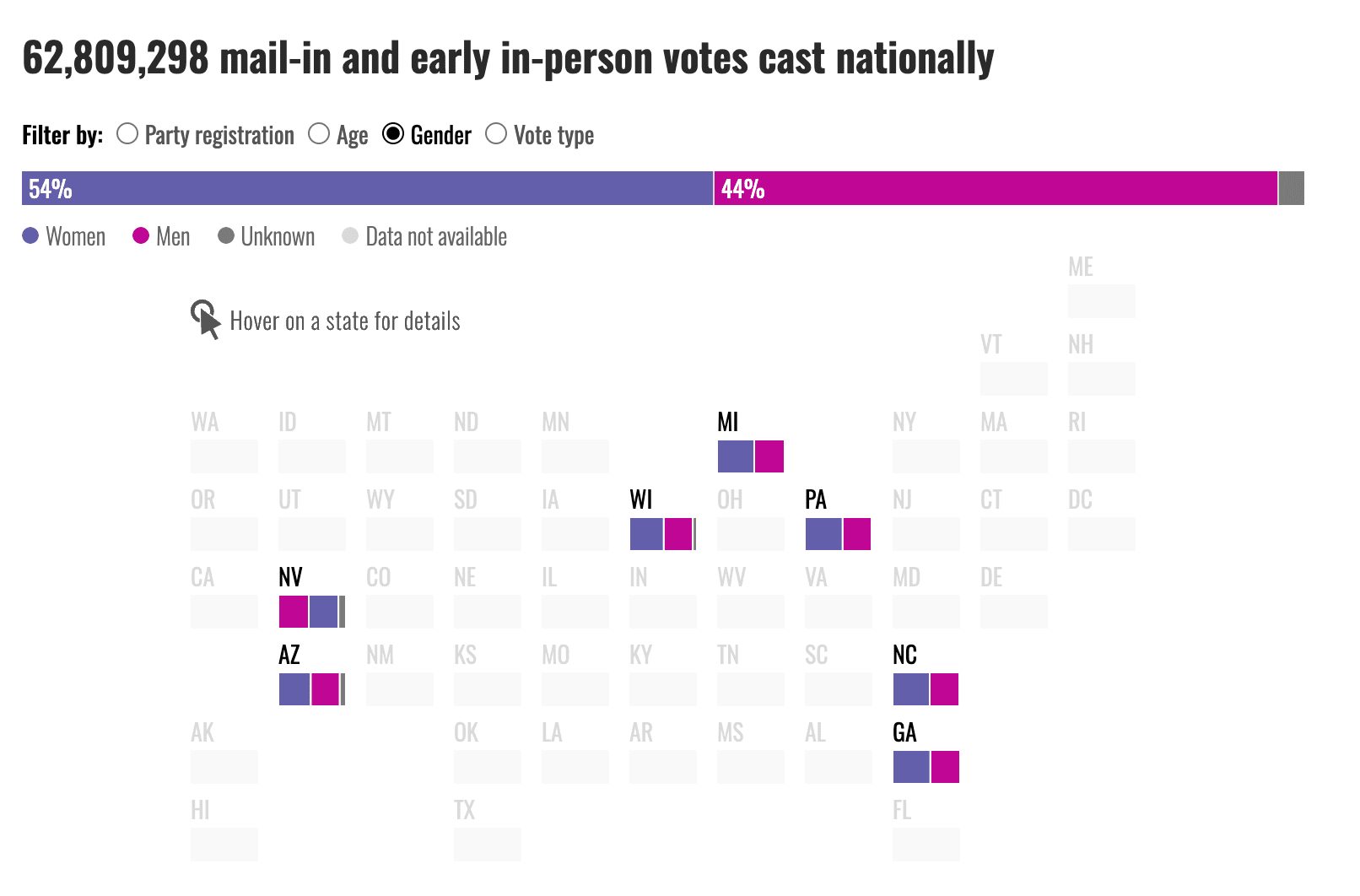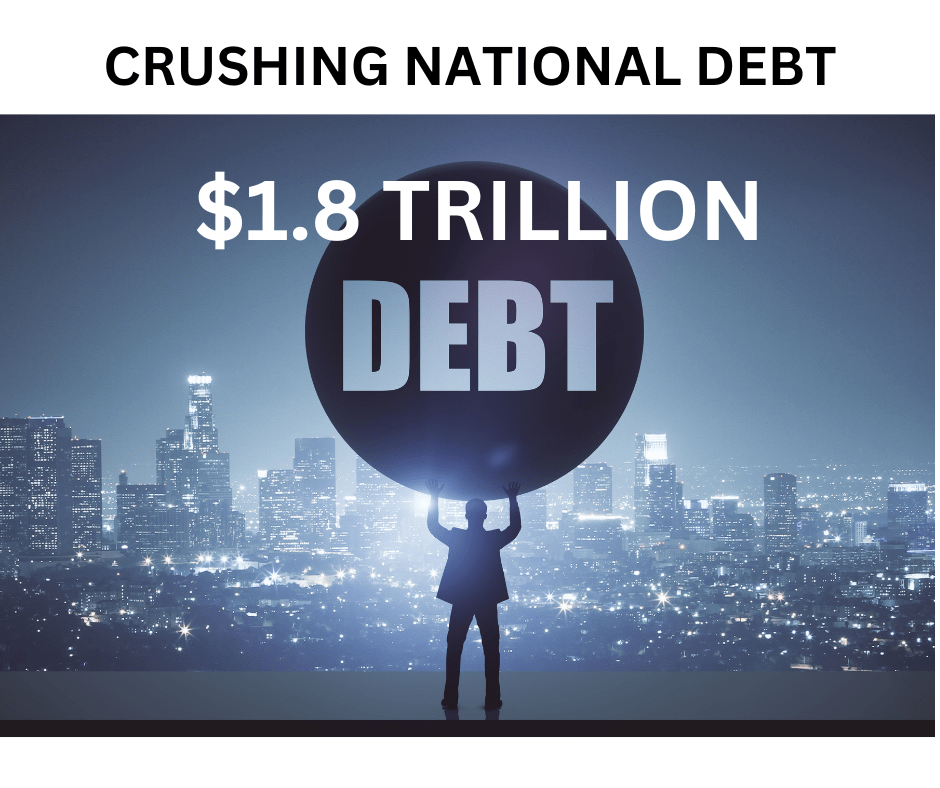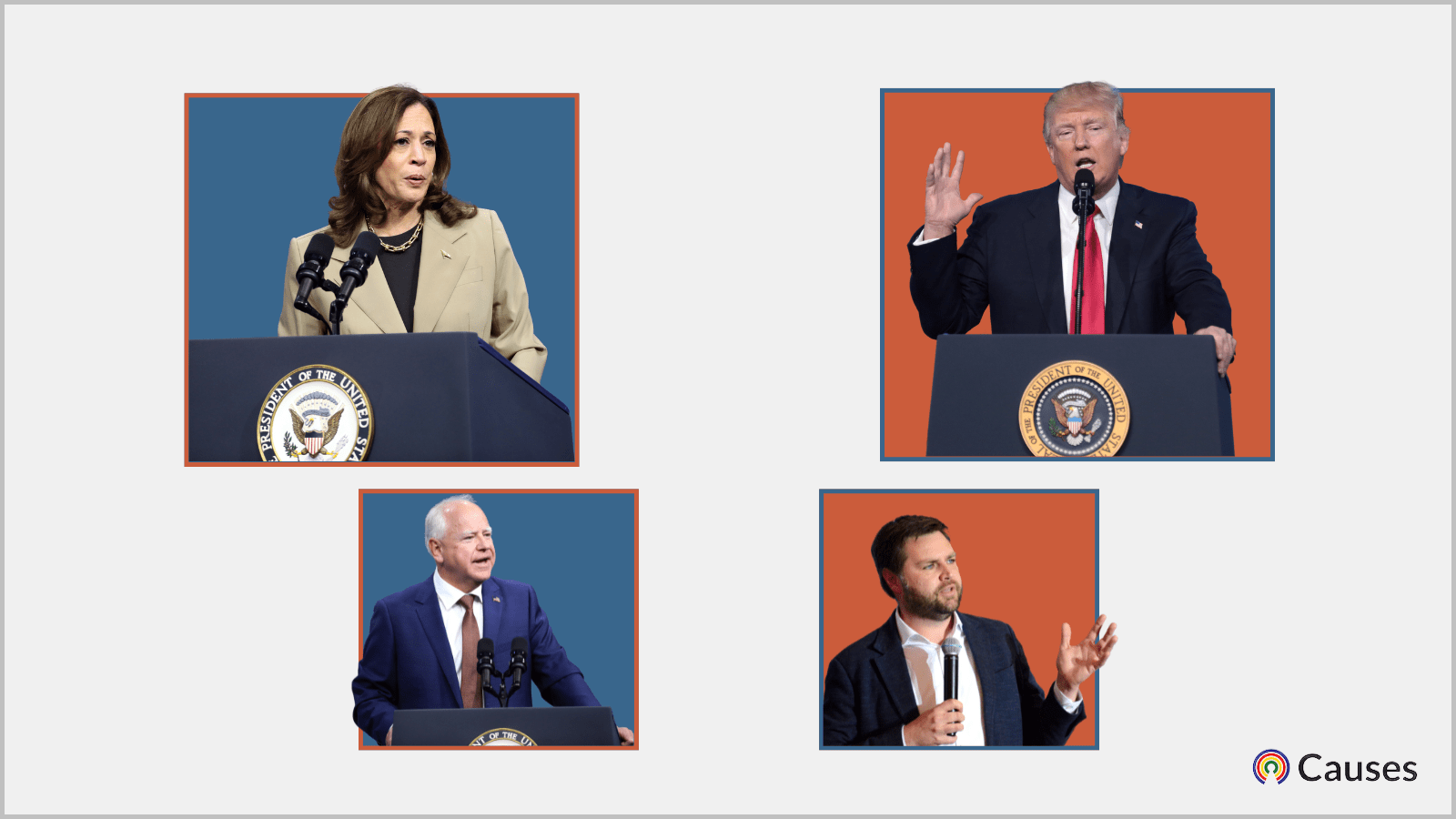
Should the Price of Insulin be Capped at $35 Per Month? (H.R. 6833)
Do you support or oppose this bill?
What is H.R. 6833?
(Updated April 8, 2022)
This bill, known as the Affordable Insulin Now Act, would limit cost-sharing for insulin under private health insurance and the Medicare prescription drug benefit. It would specifically cap cost-sharing under private health insurance for a month’s supply of selected insulin products at $35 or 25% of a plan’s negotiated price (after concessions), whichever is less, beginning in 2023. For the Medicare prescription drug benefit, cost-sharing would be capped at $35 in 2023 regardless of whether a beneficiary has reached the annual out-of-pocket spending threshold; and $35 beginning in 2024 for those who have not yet reached the annual out-of-pocket spending threshold.
Currently, the Centers for Medicare & Medicaid Services is testing a voluntary model under the Medicare prescription drug benefit (the Part D Senior Savings Model) in which the copayment for a month’s supply of insulin is capped at $35 through participating plans. This model is set to expire on December 31, 2025.
For the purposes of implementation, the Secretary of Health and Human Services (HHS), the Secretary of Labor, and the Secretary of the Treasury may implement these provisions through sub-regulatory guidance, program instruction, or otherwise.
Argument in favor
Insulin costs are through the roof, which causes patients to ration or forgo this lifesaving drug. This has consequences for patient health, economic productivity, and other aspects of society. Capping insulin at $35 per month would benefit everyone.
Argument opposed
Capping insulin prices is a very narrow response to broader problems associated with skyrocketing drug prices in general. Rather than wasting time on this limited intervention, Congress should instead undertake large-scale drug pricing reform.
Impact
Diabetes patients; insulin prices; insulin producers; insurers; and the Centers for Medicare & Medicaid Services.
Cost of H.R. 6833
The Congressional Budget Office (CBO) estimates that this bill would cost $2 billion per year.
Additional Info
In-Depth: Sponsoring Rep. Angie Craig (D-MN) introduced this bill to cap the out-of-pocket cost of insulin at $35 per month:
“Every day, thousands of Minnesotans and millions of Americans struggle to obtain potentially life-saving drug treatments due to the skyrocketing cost of insulin, which has more than doubled in the past few years alone. Right now, Minnesotans are rationing their treatments and risking their own lives simply because Congress cannot take meaningful action to lower the cost of insulin. Today, I’m proud to partner with my colleagues to reverse that trend and provide relief to working Americans who are already struggling to keep up with rising prices.”
Original cosponsor Rep. Lucy McBath (D-GA) adds:
“Insulin must be affordable and accessible for every citizen who needs it. Tragically, that is not the case for so many Americans across the country, including many right here in my own district. I am proud to work with my colleagues and fight to reduce the cost of prescription drugs, because no American should have to make the choice between paying their rent or paying for their insulin. By capping the price of insulin at $35 per month, this legislation takes a much-needed step towards making this lifesaving drug affordable for every American.”
The American Diabetes Association (ADA) is among a number of drug pricing advocacy groups that supports this legislation. Its chief advocacy officer, Lisa Murdock, says:
“The American Diabetes Association, the leading advocate for an insulin out-of-pocket patient co-pay cap, is excited to endorse the Affordable Insulin Now Act introduced by Representatives Angie Craig, Dan Kildee and Lucy McBath today. The bill’s $35 monthly out-of-pocket cap on insulin could be life-changing for the millions of Americans with diabetes who use insulin. This legislation is especially important for the one in four individuals with diabetes who were forced to ration their insulin during the COVID-19 pandemic due to increasing cost.”
Sen. Chuck Grassley (R-IA), who has worked extensively with Sen. Finance Committee Chairman Ron Wyden (D-OR) on investigations and legislation dealing with insulin costs, has indicated a preference for a broader approach than the one that this bill would take. Sen. Grassley’s spokesperson, Taylor Foy, says:
“There’s no doubt that insulin is one of many essential medications that has become less and less affordable. Bipartisan proposals in Congress, such as the Grassley-Wyden Prescription Drug Pricing Reduction Act, would address the root causes of price increases for not just insulin, but many other medications as well.”
Some stakeholders in the pharmaceutical industry maintain that it is middlemen, not drug producers, who jack up drug prices and cause skyrocketing customer prices. In this view, this legislation may not represent an effective intervention.
This legislation has 30 Democratic cosponsors.
Of Note: Costs to treat diabetes and other life-threatening ailments have skyrocketed in recent years. The Health Care Costs Institute reports that insulin prices nearly doubled from 2012 to 2016; as a result, the average price for a 40-day supply of insulin increased from $344 to $666.
The Centers for Disease Control and Prevention (CDC) reports that medical costs, as well as lost work and wages, for people with diabetes totals $327 on an annual basis. The American Diabetes Association claims that diabetics account for $1 out of every $4 spend on healthcare in the U.S.
Media:
- Sponsoring Rep. Angie Craig (D-MN) Press Release
- Bill Text
- CBO Cost Estimate
- House Rules Committee Comparative Print
Summary by Lorelei Yang
(Photo Credit: iStockphoto.com / digicomphoto)
The Latest
-
 Puberty, Privacy, and PolicyOn December 11, the Montana Supreme Court temporarily blocked SB99 , a law that sought to ban gender-affirming care for read more... Families
Puberty, Privacy, and PolicyOn December 11, the Montana Supreme Court temporarily blocked SB99 , a law that sought to ban gender-affirming care for read more... Families -
 Women Are Shaping This Election — Why Is the Media Missing It?As we reflect on the media coverage of this election season, it’s clear that mainstream outlets have zeroed in on the usual read more... Elections
Women Are Shaping This Election — Why Is the Media Missing It?As we reflect on the media coverage of this election season, it’s clear that mainstream outlets have zeroed in on the usual read more... Elections -
 Your Share of the National Debt is ... $105,000The big picture: The U.S. federal deficit for fiscal year 2024 hit a staggering $1.8 trillion, according to the Congressional read more... Deficits & Debt
Your Share of the National Debt is ... $105,000The big picture: The U.S. federal deficit for fiscal year 2024 hit a staggering $1.8 trillion, according to the Congressional read more... Deficits & Debt -
 Election News: Second Trump Assassination Attempt, and Poll UpdatesElection Day is 6 weeks away. Here's what's going on in the polls and the presidential candidates' campaigns. September 24 , read more... Congress Shenanigans
Election News: Second Trump Assassination Attempt, and Poll UpdatesElection Day is 6 weeks away. Here's what's going on in the polls and the presidential candidates' campaigns. September 24 , read more... Congress Shenanigans
 Climate & Consumption
Climate & Consumption
 Health & Hunger
Health & Hunger
 Politics & Policy
Politics & Policy
 Safety & Security
Safety & Security

The American Diabetes Association states benefits can vary by plan under the Affordable Care Act (ACA) marketplace plans and to check plans to see if, “[The plan] covers the diabetes supplies, services, and prescription drugs you need, and what it costs. Look at all costs, such as the deductible and co-pays for doctor visits and each prescription drug you need.”
A BMJ study states 3 companies own 96% of the Global Insulin production, and recommends numerous biosimilar manufacturers entered the insulin market to create competition and drive down prices from the current cost to the UK government of $532/year and the US government $1,251/year when the actual costs are less than $100/ year.
Some states as part of their insurance regulatory role have stepped in with state healthcare mandates to improve coverage for diabetes-related services and treatments. Only 19 states (AL, CO, DE, IL, KY, ME, MN, NH, NM, NY, OK, OR, RI, TX, UT, VA, VT, WA, WV) have capped insulin co-pays. However caps don’t guarantee it’s affordable to all family budgets.
The medical treatment costs (amputation, dialysis) of insufficient insulin far outweigh insulin costs so from a cost/benefit point that insurance companies should be using for decisions making it’s a no-brainer. From a human standpoint how can you put people through this over insulin costs. Ask any nurse who has had to provide care to diabetic patients. So once again it matters what state you live in, if there is a cap on insulin and if you can afford it especially if more than 1 family member needs it which was the case of the family at the State of the Union where father & son needed daily insulin as Type 1 Diabetics.
I do remember growing up on the US-Canadian border, marriages of convenience between women & children in the US to get Canadian Healthcare coverage and Canadian men that wanted to work in the US.
The ACA has softened this but it depends on what state you live in, how many diabetics in your family and your family budget.
https://www.diabetes.org/tools-support/health-insurance/health-insurance-marketplace-people-diabetes
https://www.ncsl.org/research/health/diabetes-health-coverage-state-laws-and-programs.aspx
https://www.ncsl.org/research/health/diabetes-health-coverage-state-laws-and-programs.aspx
https://www.statnews.com/pharmalot/2018/09/25/insulin-prices-profits-diabetes/ https://gh.bmj.com/content/3/5/e000850
Cutting insulin prices to $35 monthly will still generate enormous profits for the producers.
Please vote for this.
$35 might still be too much. The cost of food is a lot and the cost of delivering meds. I take Metformin for Diabetes so $35 would be too much for me. I get $1,180 a month from disability and rent is $929.50 this month including utilities.
People's lives and access to essential health care and treatment is more important than profits.
Done
This is the only moral and ethical thing to do.
I believe insulin should be capped at $35 a month. Someone I love has type 1 diabetes and I can't imagine if she couldn't afford her medicine. I know there are lots of ppl who stress over this and it is not right. Please make it affordable for everyone in our country.
Vote yes to lower insulin costs!
Insulin is a life substaining medication and it should be made available to all regardless of income
Yes, in fact for all drugs. We are the only industrialized country with this pricing problem and when some are choosing to go to our neighboring countries for cheaper needed medicines for the upkeep of their health status something is beyond wrong. The amount of people not taking medications/doses or choosing between food/other or taking their medications has gotten worse also. This fact is beyond disgraceful for a country such as ours or at least who and what we claim ourselves to supposedly be. I also believe we should bring our manufacturing of these and other medications back home, if the pandemic has taught us anything is that our supply chains for medications, ppe and other is and can be a national security risk/threat. Off shoring all our goods for cheaper is often more costly in the long run. Another problem is the pure corruption/greed at the expense of we the people and our actual greater interests. Here is just one example in the corrupt web whose tentacles are deep of which are effecting these costs among many other things. Don't even get me started on taxes since it is the season and how our (the ones who actually pay them) go toward the research and actual making of these/other drugs while many of these cos. are subsidized by us & don't pay them while charging we the people these unethical prices of which no other country pays.
https://jacobinmag.com/2021/10/joe-manchin-daughter-heather-bresch-mylan-epipen/
Let's deal with all the grift and corruption also
While all life-saving prescription medications should have an affordable cap - this is a great start. Hopefully, if this goes through, we won't see increases on other life-saving medications to compensate for this cap.